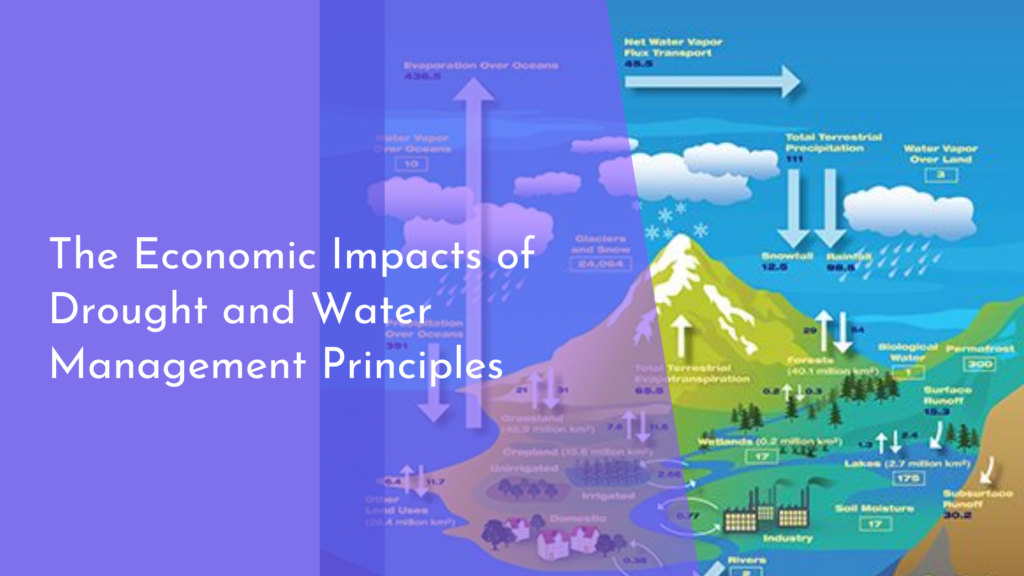Women in Agroforestry: Empowering Female Farmers
As the world increasingly prioritizes sustainability and food security, the role of women in agroforestry has garnered significant attention. Women, who often play a pivotal role in agricultural sectors globally, are proving to be vital components of sustainable agroforestry practices. Their involvement not only enhances biodiversity but also promotes community resilience, economic growth, and environmental stewardship. This article shines a light on the incredible contributions of women to agroforestry and highlights the innovative techniques and educational initiatives that empower female farmers around the globe.
Celebrating Women’s Role in Sustainable Agroforestry Practices
Women have been integral to agriculture for centuries, and their contributions to agroforestry practices have been monumental. In many communities, women are responsible for the management of trees, crops, and livestock, ensuring that sustainable practices are not only adopted but also passed down through generations. Their unique understanding of local ecosystems allows them to implement practices that enhance soil fertility, improve water conservation, and increase crop diversity. By integrating trees into farming systems, women enhance both food production and community well-being.
Moreover, women’s roles in agroforestry extend beyond mere participation; they often serve as catalysts for change within their communities. By promoting agroforestry techniques, women help to combat climate change and mitigate its impacts on vulnerable populations. Their leadership in cooperatives and community-based organizations fosters collaboration and innovation, driving sustainable practices that benefit entire communities. Celebrating these women and acknowledging their vital contributions can inspire future generations to continue this important work.
Innovative Techniques: How Women Transform Agroforestry
Women bring creativity and resourcefulness to agroforestry, developing innovative techniques to optimize land productivity. One such technique is intercropping, where women plant multiple species in the same area to maximize yield and biodiversity. This not only improves food security but also enhances ecosystem resilience by creating more complex habitats for various organisms. Additionally, women often utilize agroecological practices, such as organic pest control and natural fertilizers, which protect the environment while ensuring healthy crops.
Another innovative method employed by women in agroforestry is the incorporation of traditional knowledge with modern technology. For instance, women have started using mobile apps to monitor weather patterns, track crop health, and manage farming schedules. By blending local wisdom with technological advancements, women are driving agroforestry into a new era, where productivity and sustainability go hand in hand. These transformative approaches not only improve their livelihoods but also set a precedent for sustainable farming practices worldwide.
Empowerment Through Education: Training Female Farmers
Education plays a crucial role in empowering female farmers in the realm of agroforestry. Many organizations and initiatives focus on providing training programs specifically designed for women, equipping them with the knowledge and skills needed to thrive in this field. These programs cover a wide array of topics, including sustainable farming techniques, financial literacy, and resource management. By prioritizing education for women, communities can ensure that they are better equipped to make informed decisions regarding their agricultural practices.
Moreover, educational initiatives create platforms for women to share their experiences and learn from one another. Workshops and training sessions foster a supportive environment where women can exchange ideas, discuss challenges, and celebrate successes. This camaraderie not only enhances their individual skills but also strengthens community ties. As women gain confidence and knowledge, they become advocates for sustainable agroforestry, inspiring others to join in and make a difference.
Success Stories: Inspiring Women in Agroforestry Today
Across the globe, countless women are making an impact through their work in agroforestry, serving as powerful examples of what can be achieved when women are empowered. For example, in Kenya, women farmers have successfully implemented agroforestry practices that have not only increased their crop yields but have also provided additional income through the sale of forest products. These women are not just providing for their families; they are transforming their communities by promoting sustainable practices that benefit everyone.
Another inspiring story comes from India, where women have taken the lead in restoring degraded lands through agroforestry projects. By planting native trees and integrating them with local crops, they have rejuvenated the soil and created a more sustainable farming system. Their efforts have not only improved their livelihoods but have also positively impacted local biodiversity, showcasing the profound connection between women’s empowerment and environmental conservation. These stories of resilience and innovation encourage more women to step into agroforestry and remind us of the essential role they play in creating a sustainable future.
The empowerment of women in agroforestry is not just a matter of gender equality; it is a crucial element in fostering sustainable agricultural practices and combating climate change. By celebrating their contributions, encouraging innovative techniques, and prioritizing education, we can unlock the full potential of female farmers around the world. The success stories of these remarkable women serve as a reminder that when women thrive, communities flourish. As we move forward, let us continue to support and uplift women in agroforestry, ensuring that their invaluable role in sustainable development is recognized and celebrated.

